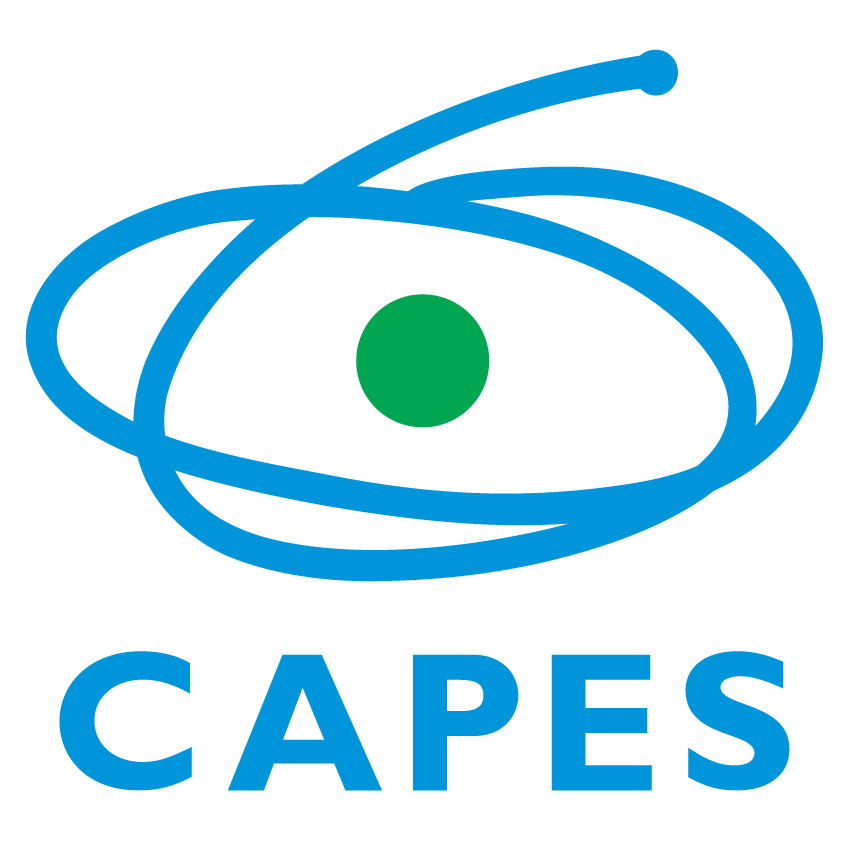VALORIZAÇÃO DO PATRIMÔNIO IMATERIAL NA RMBS: CONCEITO E INOVAÇÃO DA REGULAÇÃO AMBIENTAL
DOI:
https://doi.org/10.58422/releo2021.e1116Abstract
This article analyses the attempts to articulate environmental regulation, preservation of
cultural heritage and the master plans of the municipalities of Santos, Guarujá and Bertioga
that make up the northern part of the Metropolitan Region of Baixada Santista (RMBS),especially regarding the implementation of participatory policies for recognition and appreciation
of intangible cultural heritage in environmental licensing processes. It discusses to
what extent the notion of intangible cultural heritage influences the procedures and results
in environmental impact studies at RMBS.The flexibility of laws was observed, motivated
by the quantitative rise in licensing processes, based on the capitalist economic system in
the municipalities addressed. There was an increase in environmental impacts and the weakening
of intangible practices inherent to the culture of traditional caiçara communities.
Conflicts and consequences of environmental licensing were found as an instrument that
the state has to put into practice socio-environmental notions and sustainable development,
restricting its role as a democratic instrument on cultural heritage.
Downloads
Published
Versions
- 2023-05-15 (2)
- 2021-05-04 (1)
Issue
Section
License
A Revista Eletrônica Leopoldianum - Revista de Estudos e Comunicações da Universidade Católica de Santos (ISSN: 2965-9566) é detentora dos direitos autorais de todos os artigos publicados por ela. A reprodução total dos textos em outras publicações, ou para qualquer outro fim, por quaisquer meios, requer autorização por escrito do editor. Reproduções parciais de artigos (resumo, abstract, mais de 500 palavras de texto, tabelas, figuras e outras ilustrações) deverão ter permissão por escrito do editor e dos autores.












